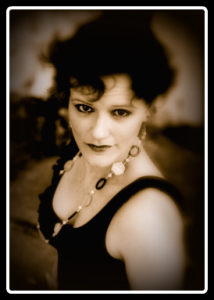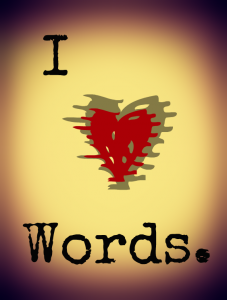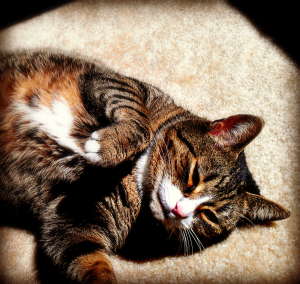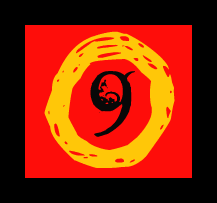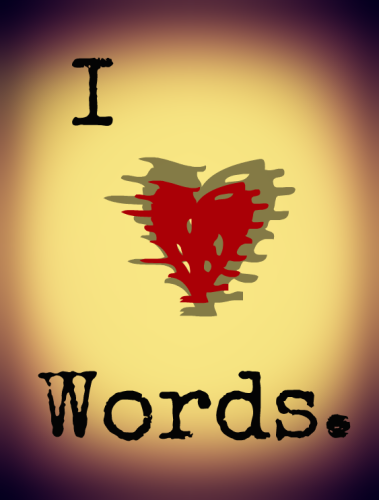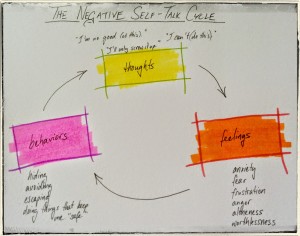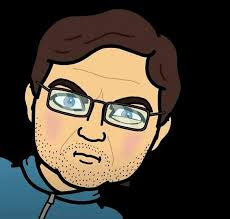Confessing My Creative Sins, Pt. 3 Recovery, Pt. 1
Smee: I’ve just had an apostrophe.
Hook: I think you mean an epiphany.
Smee: Lightning has just struck my brain.
Sometimes, my darlingest readers, lightning-esque is exactly how apostrophes happen. They’re pretty cramazing when they happen, but I must admit they do leave one somewhat stupefied with shock.
In Pt. 1 of my Confessions, I told of how I let the world determine the course of my life.
In Pt. 2, I told why I let the world determine the course of my life.
In Pt. 2.5, I delved deep and revealed the fear at the foundation of the whys.
As I thought ahead to today’s post, my mind supplied the working title “Pt. 3,” and I fully expected to write the drama, the tears, and the heartache that would go along with it.
But then, my lovelies, I had an apostrophe epiphany. And that’s what I’m going to tell you about today.
In the Beginning

At this point in the story, my listeners usually ask, “Was your dad military?”
Well, once-upon-a-time, he was. But that was back in the ’60s. We moved to Germany in 1980 — so, no, we weren’t a military family by this point.
“Oh, then your parents were missionaries?”
No. Not that, either. And here’s where I usually reveal the reason for our trans-Atlantic emigration…but this time, I want to wait a bit before I tell you. Bear with me.
Point of No Postponed Return
Originally, my parents intended to stay in Germany for 5 years. Sometime in Year 3, the three of us spent an afternoon at the “Woog,” a lake down the street from our apartment. As my parents watched me play, Daddy turned to Mama and asked, “If we left now, moved back to the States, what would you miss the most?”
Mama thought for a moment, then said, “The Autobahn.”
Read: German highway system with speed limits only in small, designated areas.
That little exchange took place in 1983. The subject of leaving Germany didn’t come up again until it was time for my parents to retire in 2007.
Growing Up “Multi-Kulti”
No, “multi-kulti” has nothing to do with cults. It’s a short form of the German word for “multi-cultural,” which is how I lived and breathed from age 3 until…well, until now, because multi-cultural is a permanent facet of who I am. But that is another story and shall be told another time.
The point is, I grew up in Germany. My parents enrolled me in German Kindergarten 6 months after we arrived. I learned German from my teacher, Frau Apfelrock (Mrs. Appleskirt [yes, really]), and from the other kids. When it came time to start 1st grade, I went to a German elementary school. My German high school career began with a change to a “Gymnasium” (ask me about that sometime) at the start of 7th grade, and it ended with my “Abitur” (ask later) during the last semester of 13th grade.
At age 19, I moved to Oklahoma to go to university. Then I got married. Graduated. Moved back to Germany to work fulltime with a small church. Had grand adventures. Learned. Had terrible heartaches. Grew. Moved back to Oklahoma at age 31. And so forth.
For now, consider that brief summary of my life as a backdrop. Playing itself out in the foreground, we have what I’ve blogged about over the last few weeks:
- developing unhealthy beliefs about God and about my self
- fearing that God and others would reject me for my art (painting and writing)
- giving up my creativity in order to gain approval, to which I was (am?) addicted
- consciously acknowledging my fears and determining to overcome them.
All of this against the backdrop of a multi-cultural, bi-lingual, trans-Atlantic, resource-filled life and lifestyle.
*sigh*
APOSTROPHE!!!
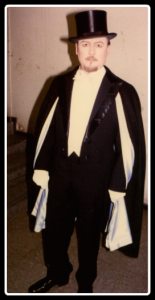
Are you ready?
Here goes:
The reason my parents moved our entire life to Germany in 1980 was so that my dad could pursue his dream of becoming a fulltime opera singer.
Did you catch that?
Let me say it again:
My parents sacrificed an entire way of life, everything they had always known, in order to move to the other side of the world and pursue a creative dream.
Chills pass through my body from head to toe as I write that sentence.
*facepalm* *headdesk*
Um.
Am I an idiot?
Really having a hard time not calling myself stupid right now.

But they did it anyway.
And here’s what they were not afraid of. They were not afraid of others’ rejection. They chose the creative dream over the security of others’ approval.
I have lived with their example right in front of me my entire life.
And even though I have seen it and known it and acknowledged it, the magnitude of it did not hit me until last week.
Forest for The Trees
Of all humans, I’ve gotta be one of the blindest.
On the other hand, maybe this is synchronicity at work once more.
I’ve had my apostrophe at age 34. My parents — two incredibly cramazing people!!! — packed up their lives and struck out for creative adventure when they were 37 and 34.
It worked for them.
It’s gonna work for me, too. I just have to recover from my stupefied shock first.
Mama, Daddy — thanks for being who you are. You are truly two of the most incredible human beings I know.
_________________________________
*EVERYTHING except Daddy’s 1972 Porsche 914; that, they shipped to Germany. ; )

